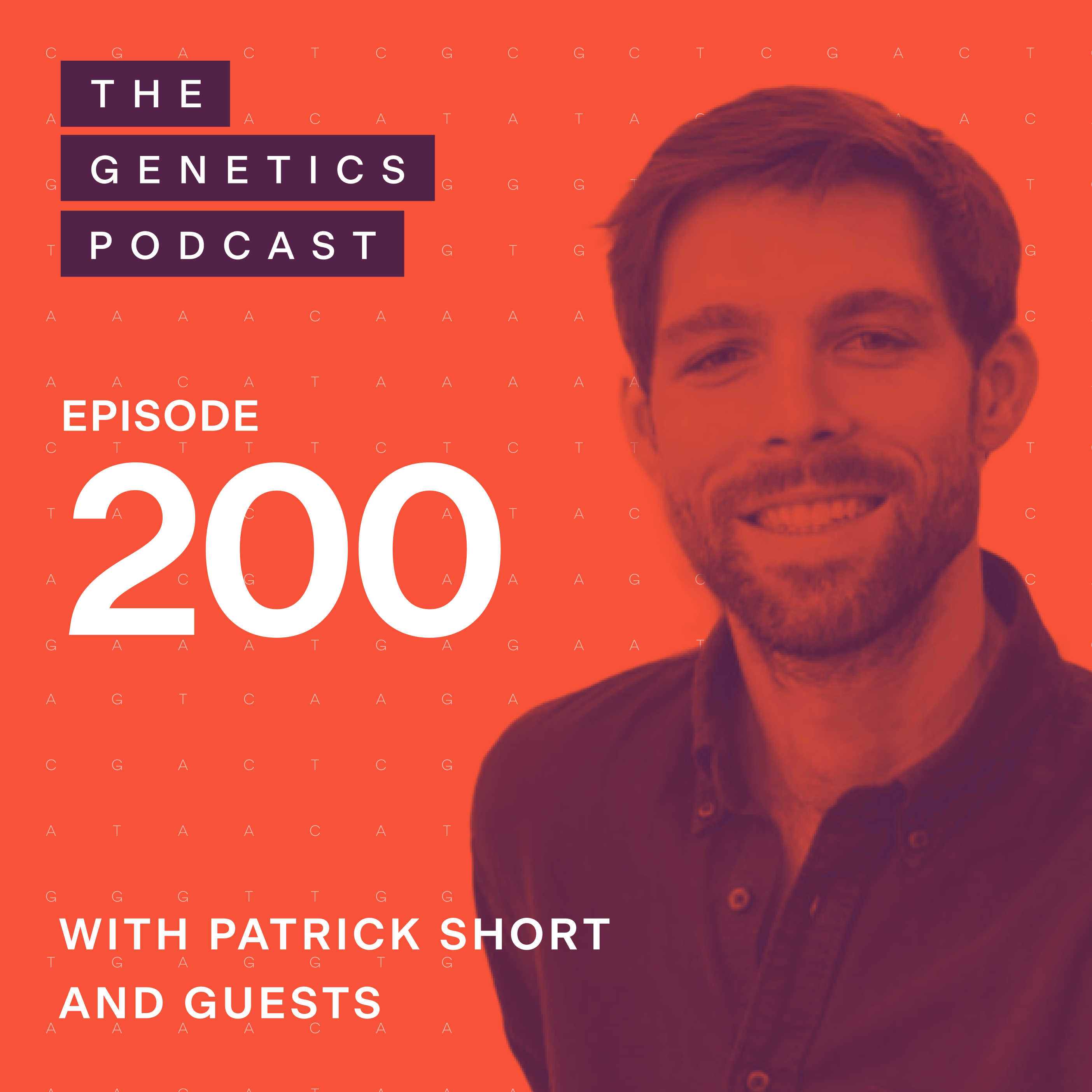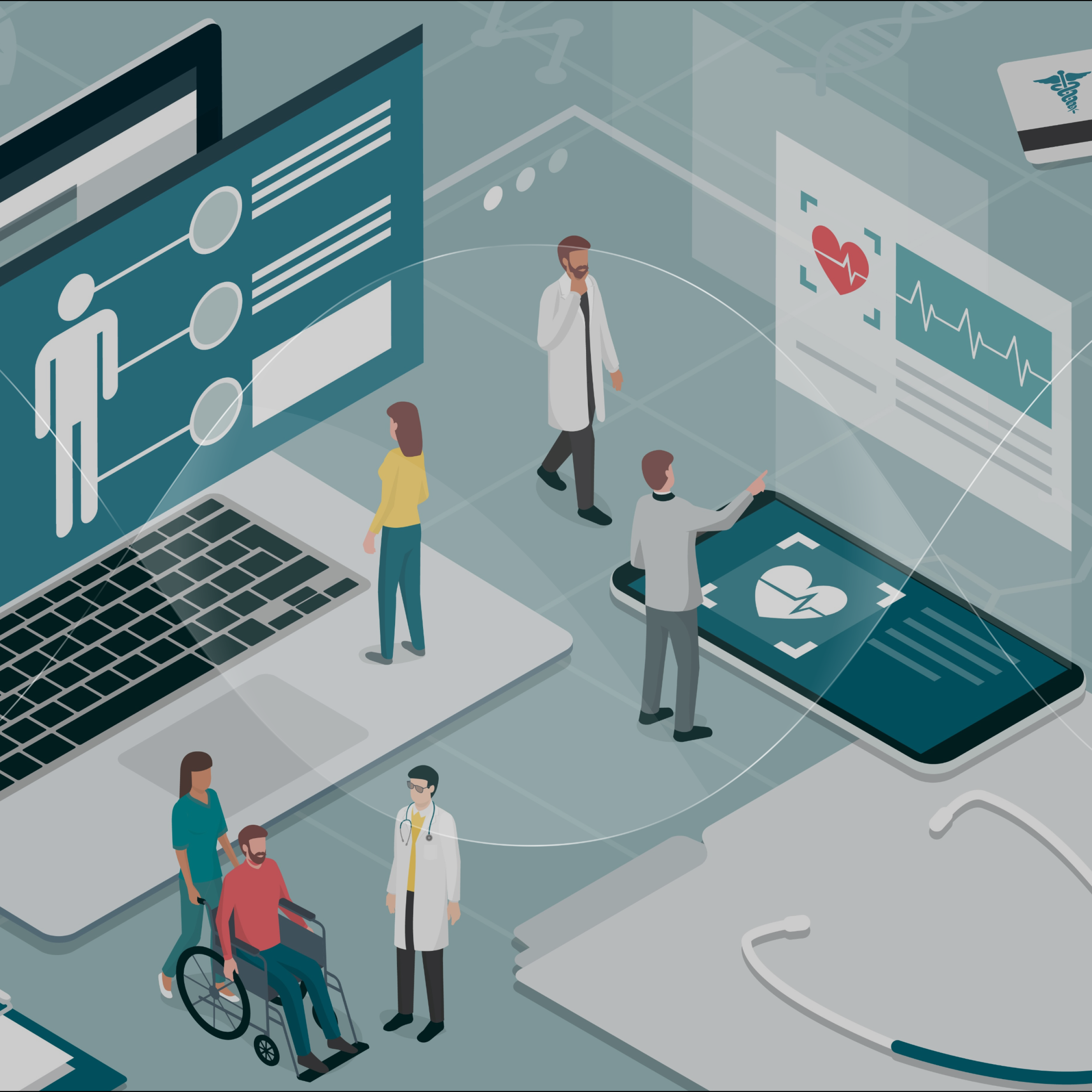Clinical research blog
Explore our blog for insights into the big questions in precision medicine and clinical research.
The next generation of advanced therapies, particularly gene therapies, hold enormous promise for patients with rare conditions. However, their clinical development brings unique challenges: highly targeted patient populations, the need for precise genetic characterization, and complex eligibility requirements.
In this week’s episode of The Genetics Podcast, we spoke with Richard Wilson, Senior Vice President and Primary Focus Lead for Genetic Regulation at Astellas, about the current state of gene therapy. Richard offered an insider’s view of the opportunities and challenges facing the field, from groundbreaking patient outcomes to manufacturing bottlenecks, regulatory scrutiny, and the commercial realities of bringing gene therapies to market.
At Sano, we’re continuously upgrading our platform and expanding our services to ensure we’re keeping up with the pace of precision medicine. Trials are difficult to manage, and genetic or biomarker testing adds further complexity. Adding a single test often means finding new labs, training new staff, updating protocols, and coordinating multiple vendors. This results in longer timelines, higher costs, and increased risk of participant drop-out.
In rare disease, families are often forced into roles that extend far beyond caregiving. When faced with diseases for which no treatment exists, parents have often moved into health policy and patient advocacy to push therapeutic development in an area with low demand and commercial prospects. In some instances, parents have even founded research organizations or biotech start-ups to accelerate drug development for patients who have no therapeutic alternatives and often may not have the luxury of time.
Last week marked a major milestone for The Genetics Podcast: our 200th episode. To celebrate, host Patrick Short revisited some of the most impactful conversations from the show’s early days. The result is a retrospective that not only highlights how far the field has come, but also reminds us of the timeless ideas and bold predictions that continue to shape genetics and precision medicine today.
In recent years, the therapeutic landscape for genetic hearing loss (GHL) has advanced rapidly, with several programs reaching clinical development. However, trials in this space can present unique challenges. Recruiting patients often requires careful engagement with the deaf and hard-of-hearing community, where cultural and linguistic considerations are paramount. The rarity of certain genetic variants can make it difficult to recruit patients who meet inclusion criteria. In addition, newborn genetic screening is a critical pathway for early diagnosis, but it may not always be available or welcomed by parents.
In the last episode of the Genetics Podcast, Patrick speaks with Dr. Xin Jin, a pioneering neuroscientist at Scripps Research, about her team’s cutting-edge method for decoding the genetics of complex brain disorders. Their approach, in vivo Perturb-seq, combines CRISPR-based gene perturbations with single-cell sequencing to map how genetic risk factors affect specific cell types across the brain.
After a decade of strong investment, the biotech sector in 2025 is navigating a markedly constrained funding environment. Early-stage companies, particularly those in genomics, cell therapy, and precision drug development, are facing longer timelines to raise capital, more scrutiny from investors, and increasing pressure to demonstrate clear ROI across development stages.
Clinical trials have always been burdensome on sponsors, but in the current biotech landscape, the pressure to execute trials promptly, efficiently, and in a cost-effective manner may be more intense than ever. Even companies with comfortable budgets report feeling resource-constrained, and for early-stage companies, executing a trial with limited funding has become a make-or-break challenge. Investor caution, shrinking pipelines, and rising operational costs have forced teams to do more with less, without compromising speed, scientific rigor, or patient safety.
In the latest episode of The Genetics Podcast, we sat down with Dr. Benny Sorenson, CEO of Hemab Therapeutics, to explore a relatively overlooked therapeutic area: bleeding disorders beyond hemophilia. While innovation in hemophilia care has surged over the past decades (with more than 30 approved therapies today), many other serious clotting conditions have seen little progress since the 1960s. Benny and the team at Hemab are aiming to change that.










